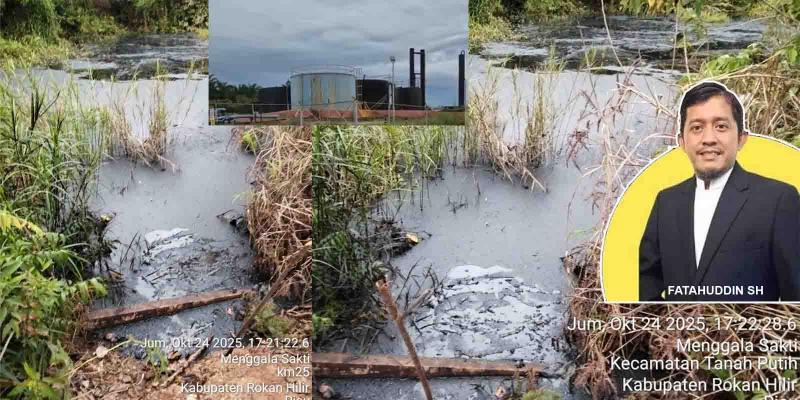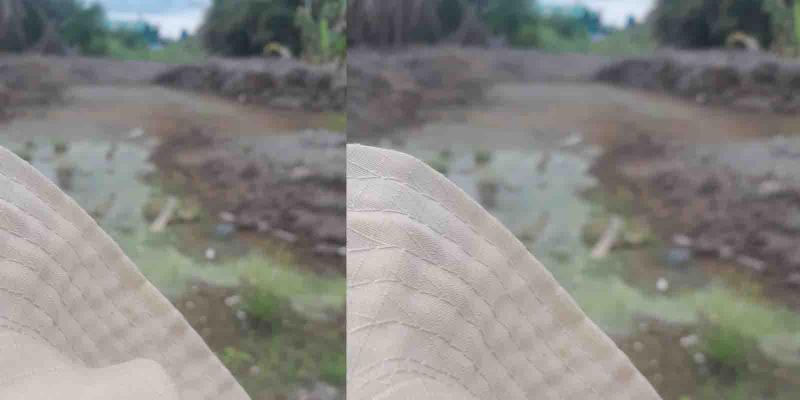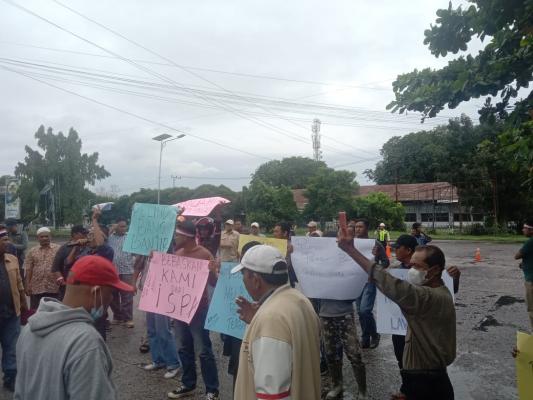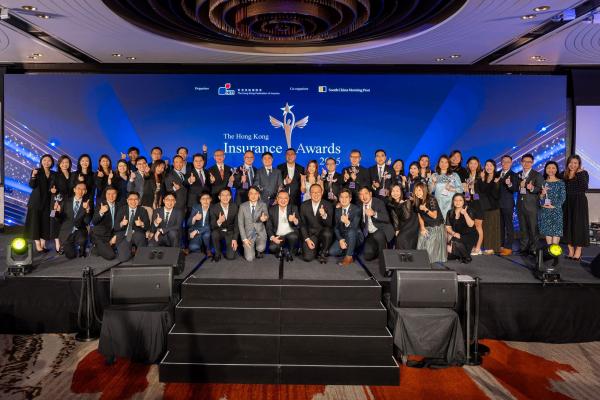- Home
- MediaOutReach
- Rhenus Reinforces Global Leadership in Renewable Energy Project Logistics
Rhenus Reinforces Global Leadership in Renewable Energy Project Logistics
Jumat, 31 Oktober 2025 | 08:42
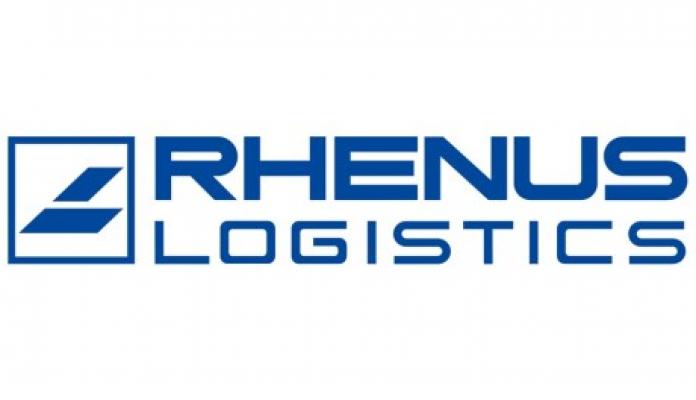
SINGAPORE -
Media OutReach Newswire
- 30 October 2025 – In 2024, renewable energy saw a record capacity
growth worldwide, with 585 Gigawatt (GW) added, representing an overall
annual growth of around 15%, which was largely driven by solar and wind
energy. However, experts warn that in order to triple renewable energy
generation capacity by 2030 and reach the COP28 goal of 45% renewables
share within global electricity, a further increase of new installations
is needed. Many companies, supported by national renewables
installation goals, are preparing to further amp up their projects.
In pole position for the renewables market
Rhenus is well-positioned to support this surge, drawing on more than 40 years of project logistics expertise and a track record of successful renewables installations over the years. The company has been active in European offshore and onshore wind projects since the early 2000s and expanded its project logistics footprint in the US and Canada as well as the APAC region early on. In 2023, Rhenus also further extended its offshore and onshore operations in Newfoundland, Eastern Canada.
In 2011, Rhenus first supported projects for the integration of offshore wind energy into the international grids by handling the logistics of cable drums. Today, this branch within the project logistics department has become the daily business, with Rhenus regularly transporting wind energy components as well as parts for hydroelectric, biomass power plants and even Direct Air Capture systems.
Global activities in renewables on the rise
In Europe – where 47% electricity came from renewables in 2024 and 16 GW were added in wind, 65 GW in solar energy – Rhenus was heavily involved in the connectivity projects for the German corridor, which connects offshore and onshore wind farms, solar parks and other renewable energy sources to the German grid. For the projects SuedLink, SuedOstLink, A-Nord and BorWin/ DolWin 4, Rhenus has transported and is continuing to transport more than 2,700 cable drums. In 2025 and beyond, Rhenus is also taking care of the reverse logistics of empty cable drums, either back to the production sites or to the recycling facilities.
In the APAC region, Rhenus handled roughly 500 shipments in 2024 that directly served renewable energy and energy transition-related projects, which included wind energy components, transformers, solar equipment and related EPC (Engineering, Procurement and Construction) infrastructure. Recently, Rhenus shipped 300 flat-racks and 200 general containers for a global wind turbine OEM in China. "The energy transition is strongly driving more projects tied to renewable infrastructure development and associated investment in the region," said Moritz Becker, Co-VP Director of Rhenus Project Logistics.
In the USA, Rhenus has branched out into the transport of hydrogen fuel cells, which are used to generate power by converting hydrogen into electricity without combustion. In 2025 alone, Rhenus has completed over 100 fuel cell installations along the East Coast of the US. At least 20 more installations are planned for the coming months.
Dedicated service expansion
In addition, Rhenus is a reliable partner for offshore platform support duties in the North Atlantic, North Sea and the Baltic Sea, for which the specialized service provider conducts regular maintenance, crew and supply runs, manages offshore container depots and organizes recycling through its sister company REMONDIS. "In the coming years, we expect the recycling and replacement of older windmills that have reached their lifespan to be a major additional focus and have developed complete supply chain concepts that will efficiently support customers in this market," adds Bjoern Wittek, Managing Director of Rhenus Offshore Logistics.
Besides recycling and dismantling as a new service area, Rhenus also focuses on providing customers with alternate routing for their project and renewables transports: A recent contract with ENERCON features a barge reconstruction in order to transport wind turbine blades of up to 86 meters in length through the North German canals instead of via roads and motorways, bypassing traffic jams and complicated road transport permits and safeguarding just-in-time deliveries of the components to the ENERCON construction sites. "Using the waterways as an alternative to road transport holds even more potential. With inland navigation as our historic origin, Rhenus operates around 1,000 vessels every day, around half of which are our own barges. This makes us Europe's largest inland waterway transport operator with units in all sizes, from self-propelled vessels to push convoys. We are well-equipped and able to expand this offering for our customers – even beyond the European waterways," explains Marc Regenbogen, Head of Shipping at Rhenus PartnerShip.
Providing sustainable transport options
"For Rhenus, sustainability means meeting today's needs without compromising the future. We are a key enabler in our customers' decarbonization strategies, where we perceive a rising demand for efficient transport with a reduced CO2 footprint," explains Moritz Becker, Co-VP Director of Rhenus Project Logistics. As part of this strategy, Rhenus has implemented and continues to invest in the use of sustainable transport modes and alternative fuels.
This includes pilot projects to test alternative drive systems, such as the first hybrid push-barge combination using hydrogen fuel cells, batteries and state-of-the-art diesel engines operated with HVO100 that went into operation on the Rhine in January 2025.
In Spain, Rhenus is testing renewable fuels together with its customer Bosch, reducing road freight emissions by more than 80%. In June 2025, Rhenus and Merck also launched a biodiesel B100-powered shuttle service between Merck's site in Molsheim and the Rhenus warehouse in Strasbourg, France, achieving a consistent 55% reduction in emissions.
Even in air freight, Rhenus offers customers a calculation tool, RHEGREEN, in order to reduce transport emissions by choosing the most efficient and sustainable flight connection, aircraft and routing. In December 2024, Rhenus joined Air France KLM Martinair Cargo's sustainable aviation fuel (SAF) program in order to reinforce its commitment to reducing emissions for air freight and supporting customers' ESG targets.
Investments into a sustainable future
Overall, these collected efforts, projects and commitment underline the Rhenus Group's impact on the renewables market and reinforce its position as a renewable project logistics market leader. From its scalable infrastructure and practices to reduce lead times and logistics carbon footprint to providing complete end-to-end project logistics services, Rhenus creates a streamlined value chain for its energy customers. "As the renewables market accelerates, Rhenus is uniquely equipped to meet the logistical challenges of complex, large-scale energy infrastructure. We will continue to invest in low-carbon assets and transport solutions and expand our renewables-dedicated logistics hubs, such as the port terminal in Cuxhaven, Germany, the Maasvlakte terminal in Rotterdam, the Netherlands, or sustainable warehouses across Europe, the Americas, India and the APAC region," adds Moritz Becker, Co-VP Director of Rhenus Project Logistics.
In pole position for the renewables market
Rhenus is well-positioned to support this surge, drawing on more than 40 years of project logistics expertise and a track record of successful renewables installations over the years. The company has been active in European offshore and onshore wind projects since the early 2000s and expanded its project logistics footprint in the US and Canada as well as the APAC region early on. In 2023, Rhenus also further extended its offshore and onshore operations in Newfoundland, Eastern Canada.
In 2011, Rhenus first supported projects for the integration of offshore wind energy into the international grids by handling the logistics of cable drums. Today, this branch within the project logistics department has become the daily business, with Rhenus regularly transporting wind energy components as well as parts for hydroelectric, biomass power plants and even Direct Air Capture systems.
Global activities in renewables on the rise
In Europe – where 47% electricity came from renewables in 2024 and 16 GW were added in wind, 65 GW in solar energy – Rhenus was heavily involved in the connectivity projects for the German corridor, which connects offshore and onshore wind farms, solar parks and other renewable energy sources to the German grid. For the projects SuedLink, SuedOstLink, A-Nord and BorWin/ DolWin 4, Rhenus has transported and is continuing to transport more than 2,700 cable drums. In 2025 and beyond, Rhenus is also taking care of the reverse logistics of empty cable drums, either back to the production sites or to the recycling facilities.
In the APAC region, Rhenus handled roughly 500 shipments in 2024 that directly served renewable energy and energy transition-related projects, which included wind energy components, transformers, solar equipment and related EPC (Engineering, Procurement and Construction) infrastructure. Recently, Rhenus shipped 300 flat-racks and 200 general containers for a global wind turbine OEM in China. "The energy transition is strongly driving more projects tied to renewable infrastructure development and associated investment in the region," said Moritz Becker, Co-VP Director of Rhenus Project Logistics.
In the USA, Rhenus has branched out into the transport of hydrogen fuel cells, which are used to generate power by converting hydrogen into electricity without combustion. In 2025 alone, Rhenus has completed over 100 fuel cell installations along the East Coast of the US. At least 20 more installations are planned for the coming months.
Dedicated service expansion
In addition, Rhenus is a reliable partner for offshore platform support duties in the North Atlantic, North Sea and the Baltic Sea, for which the specialized service provider conducts regular maintenance, crew and supply runs, manages offshore container depots and organizes recycling through its sister company REMONDIS. "In the coming years, we expect the recycling and replacement of older windmills that have reached their lifespan to be a major additional focus and have developed complete supply chain concepts that will efficiently support customers in this market," adds Bjoern Wittek, Managing Director of Rhenus Offshore Logistics.
Besides recycling and dismantling as a new service area, Rhenus also focuses on providing customers with alternate routing for their project and renewables transports: A recent contract with ENERCON features a barge reconstruction in order to transport wind turbine blades of up to 86 meters in length through the North German canals instead of via roads and motorways, bypassing traffic jams and complicated road transport permits and safeguarding just-in-time deliveries of the components to the ENERCON construction sites. "Using the waterways as an alternative to road transport holds even more potential. With inland navigation as our historic origin, Rhenus operates around 1,000 vessels every day, around half of which are our own barges. This makes us Europe's largest inland waterway transport operator with units in all sizes, from self-propelled vessels to push convoys. We are well-equipped and able to expand this offering for our customers – even beyond the European waterways," explains Marc Regenbogen, Head of Shipping at Rhenus PartnerShip.
Providing sustainable transport options
"For Rhenus, sustainability means meeting today's needs without compromising the future. We are a key enabler in our customers' decarbonization strategies, where we perceive a rising demand for efficient transport with a reduced CO2 footprint," explains Moritz Becker, Co-VP Director of Rhenus Project Logistics. As part of this strategy, Rhenus has implemented and continues to invest in the use of sustainable transport modes and alternative fuels.
This includes pilot projects to test alternative drive systems, such as the first hybrid push-barge combination using hydrogen fuel cells, batteries and state-of-the-art diesel engines operated with HVO100 that went into operation on the Rhine in January 2025.
In Spain, Rhenus is testing renewable fuels together with its customer Bosch, reducing road freight emissions by more than 80%. In June 2025, Rhenus and Merck also launched a biodiesel B100-powered shuttle service between Merck's site in Molsheim and the Rhenus warehouse in Strasbourg, France, achieving a consistent 55% reduction in emissions.
Even in air freight, Rhenus offers customers a calculation tool, RHEGREEN, in order to reduce transport emissions by choosing the most efficient and sustainable flight connection, aircraft and routing. In December 2024, Rhenus joined Air France KLM Martinair Cargo's sustainable aviation fuel (SAF) program in order to reinforce its commitment to reducing emissions for air freight and supporting customers' ESG targets.
Investments into a sustainable future
Overall, these collected efforts, projects and commitment underline the Rhenus Group's impact on the renewables market and reinforce its position as a renewable project logistics market leader. From its scalable infrastructure and practices to reduce lead times and logistics carbon footprint to providing complete end-to-end project logistics services, Rhenus creates a streamlined value chain for its energy customers. "As the renewables market accelerates, Rhenus is uniquely equipped to meet the logistical challenges of complex, large-scale energy infrastructure. We will continue to invest in low-carbon assets and transport solutions and expand our renewables-dedicated logistics hubs, such as the port terminal in Cuxhaven, Germany, the Maasvlakte terminal in Rotterdam, the Netherlands, or sustainable warehouses across Europe, the Americas, India and the APAC region," adds Moritz Becker, Co-VP Director of Rhenus Project Logistics.
BERITA LAINNYA
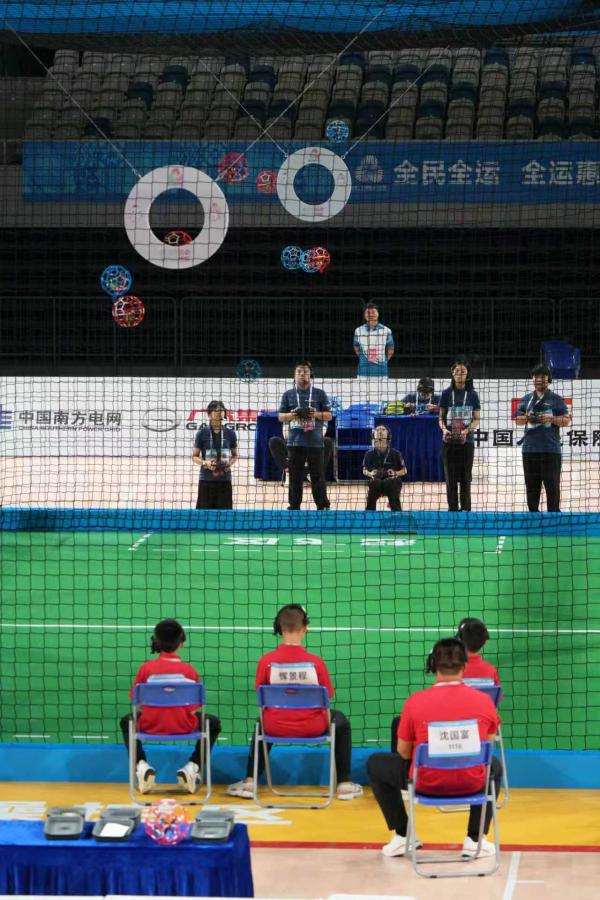
Sabtu, 01 November 2025 | 08:36
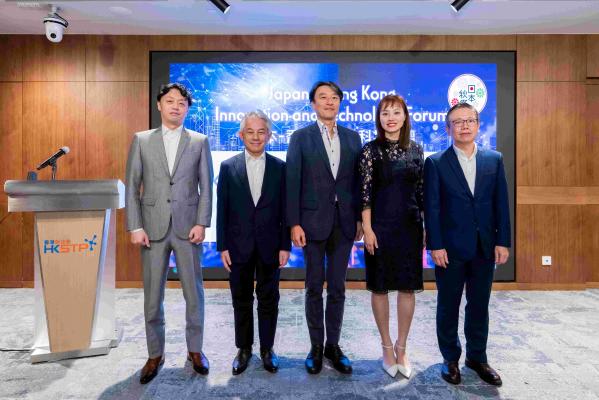
Sabtu, 01 November 2025 | 08:23
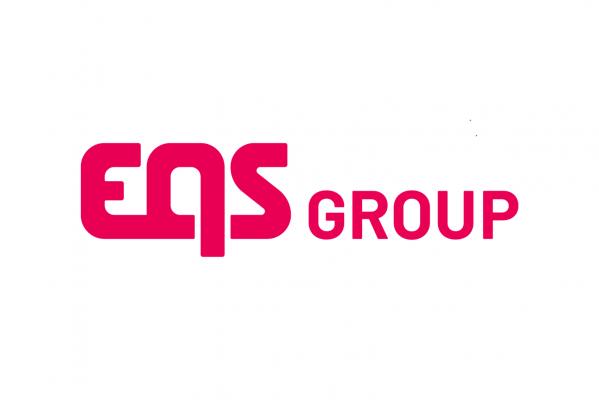
Sabtu, 01 November 2025 | 08:21

Sabtu, 01 November 2025 | 08:20

Sabtu, 01 November 2025 | 08:19

Sabtu, 01 November 2025 | 08:18

Sabtu, 01 November 2025 | 08:16

Sabtu, 01 November 2025 | 08:16

Sabtu, 01 November 2025 | 08:15

Sabtu, 01 November 2025 | 08:14

Sabtu, 01 November 2025 | 08:11







